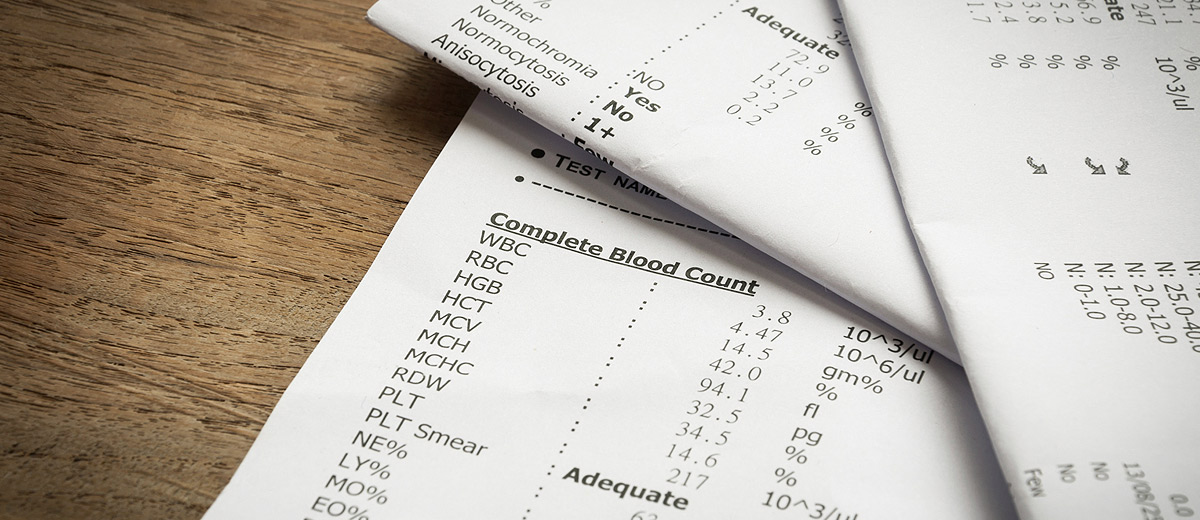"Cost-Effectiveness” has become the key standard when evaluating the role of the clinical laboratory in the healthcare continuum. This is not just cost-containment; it is not just about efficiency; it is about value, defined as quality per unit of cost. This represents the total picture of the usefulness of each laboratory test in the care of the patient.
Whether you are planning a new, start-up laboratory operation, or performing a cost / benefit analysis of current testing, or thinking of purchasing a new or replacement instrument, you must do a realistic assessment of not only what you want to offer your patients, but what you can realistically offer your patients.
An important component of cost–effective laboratory management is assuring that you have “right-sized” your test menus and instrumentation to provide the highest quality service in the most economical manner. What do we mean by “right-sizing?”
This is the appropriateness and “do-ability” of the test menu. In fact, this is really such a fundamental aspect of the lab operation, that problems in this area affect everything else.
When your instrumentation and test menu create problems with staffing, time management; work overload, and expiration of unused reagents; when quality control, calibration and maintenance requirements exceed test time and budgeted expenses for infrequently utilized instruments….you’ve got problems!
Your decision making should first include a cost/benefit analysis of:
- Instrument capacity and present or proposed test menu
- Instrument cost (purchase or lease?)
- Reagent cost (are you obligated to purchase reagents from a particular manufacturer?)
- Reagent life (expiration dates: days, weeks, months before/after opening packages)
- Storage requirements for reagents (do you need to buy a new refrigerator or freezer?)
- Frequency and expense of Quality Controls, Calibration, and Maintenance
- Tests run singularly or in batch mode?
- Comparison of in-house testing with reference laboratory charges and turn-around time
- Staffing requirements: number, training expenses; qualifications and experience beyond present staffing; continuing education
- Proficiency Testing requirements
- Facility space, ventilation, electrical needs; hazardous disposal requirements
- Time and involvement of the Lab Director, and the Technical Consultant
- Document storage requirements / LIS capability
- Adjusting the front office staffing to handle additional pre and post analytical paperwork and communications.
Include physician input when determining the optimal test menu; the laboratory’s test menu can help clinicians to select the correct test or panel of tests for diagnostic or monitoring purposes. Cooperation between the laboratory and physicians is recommended to develop and adopt test utilization guidelines and protocols.
Of course, providing the highest level of service for your patients may justify costs associated with the above considerations, but you must right –size the instrumentation to meet the demand in terms of test volume capacity, variety of tests offered, operating times and staffing. Having a laboratory with excess capacity and operating requirements can ultimately bankrupt a practice. Investigate which instruments can meet your present needs, and for the near future, and be cost effective.
In today’s world, when compensation for laboratory testing is constantly under pressure, right-sizing your lab means better financial health; better resource utilization, and ultimately, better service for your patients. This spells Quality!


.png?width=261&name=2021_newest_logo_cola-footer%20(1).png)



